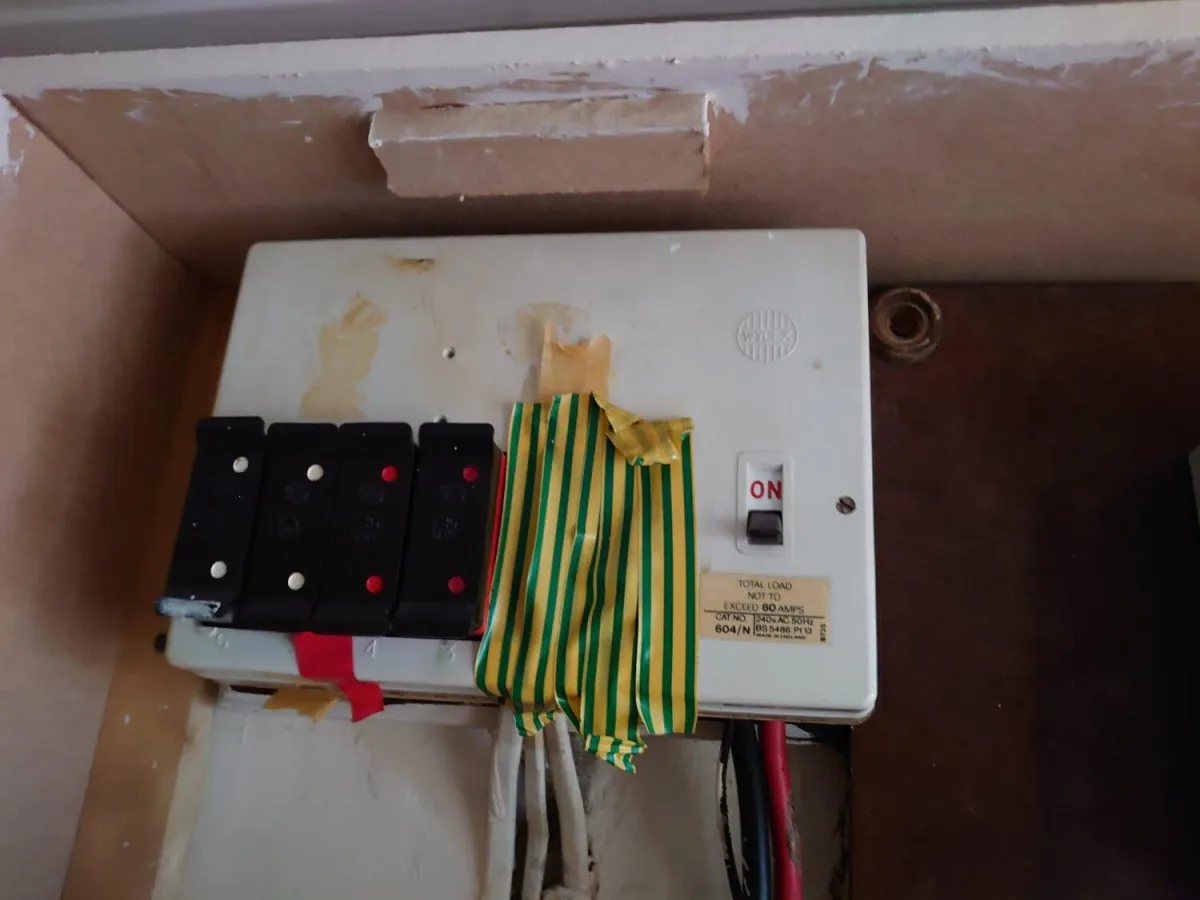Private Landlord Claims
We are here for you if you are a private tenant with housing disrepair
Take our free quiz to find out if you have a claim or book a call with our friendly Housing Disrepair Team
Yes, we do help Private Tenants
But we do understand that it's not an easy decision.
Are you are a private tenant living with housing disrepair?
Are you are scared you might not get your deposit back?
Are you frightened about asking for help in case your landlord evicts you?
Are you at breaking point and just can't take it anymore?
What you need to do
The first step is to contact us. We won't do anything or contact your landlord without your consent. We will discuss your options with you and if we can help we will, but a housing disrepair claim might not be the right option and we will advise you accordingly.
Get Started Today
STILL NOT SURE?
Frequently Asked Questions
We hope this information is useful, but please contact us if you have any other questions
Can my landlord evict me if I start a claim?
The short answer unfortunately is still yes. Whilst there are some changes to the law coming which means landlords will not be able to evict you if you're not at fault, those changes still have yet to come into force and landlords can and will still evict as a means of retalliation.
How much will it cost me to claim?
We help private tenants on the same basis as council and housing association tenants - no win no fee. This means you do not pay anything up front and only pay for our services when your claim is successful.
What can I claim for?
You can claim compensation for living in a property that is in disrepair, along with any damages for personal items that have been damaged and any injury to your health due to the disrepair.
How much compensation will I receive?
The main focus of a housing disrepair claim is to get your property repaired to the highest possible standards (not your landlord's standard). Compensation depends on the severity of the disrepair and how long you have been complaining about it. It varies on a case by case basis.
What do I need in order to make a claim?
You need to have informed your landlord of the disrepair and given them a reasonable amount of time to make those repairs. If they are ignoring you or refusing to repair then providing you still live in the property and can prove that you have notified the landlord then you can make a claim.
I am in arrears, does this make a difference?
Yes, it can make a difference to your claim. If you are not paying rent (even if you believe that withholding rent is fair due to the poor state of your property) you are in breach of your tenancy agreement and your landlord can evict you.

Electrical Installations and Periodic Testing - Landlord’s Responsibilities
As of 1 April 2021 The Electrical Safety Standards Regulations came into force for existing tenancies. It is now the private landlord’s legal responsibility to ensure that electrical safety standards are met during any period when the residential premises are occupied under a specified tenancy.
The duties of private landlords in relation to electrical installations now include ensuring that the electrical safety standards are met during any period when the residential premises are occupied under a specified tenancy, meaning that every electrical installation in the residential premises is tested by a qulified person before a new tenancy commences or at intervals of no more than 5 years. The landlord must obtain a report from the person conducting that inspection and test, which gives the results of the inspection and test and the date of the next inspection and test; supply a copy of that report to each existing tenant of the residential premises within 28 days of the inspection and test and supply a copy of the most recent report to any new Tenant before the Tenant occupies those premises.
What does this mean for experts involved in housing conditions claims?
Experts should at the very least inspect the electrical consumer unit which would usually have a sticker affixed to it detailing when a test was last carried out and when the next test is due to satisfy themselves that the electrical installation is in test as per the requirements of the above regulations.
If there are issues with the electrical system and the installation is NOT in test then there is a strong case that the property is not presently fit for human habitation. The Housing Health and Safety Rating System prescribed hazard #23 (electrical installations) and #24 (fire) both present a serious risk to the Tenant of a property where the electrical system is potentially unsafe. Even if the electrical system is in test if there has been disrepair or damage such as a leak through a ceiling, then the argument would be that the electrical system should be retested to ensure that the leak or other damage/disrepair has not created an issue which might present a risk of electric shock or a fire caused by faulty/damaged electrical systems.
As an expert, can you rely on the information on the sticker affixed to the consumer unit?
We would say not to rely solely on a sticker affixed to the consumer unit. The abovementioned regulations also require a test certificate to be provided to the Tenant and it would be prudent for disclosure of that certificate to be sought during the inspection and/or comment in any report that disclosure of this certificate is sought from the landlord in order to verify that the electrical system truly is or is not in test at the time of the inspection.
The Electrical Safety Roundtable is an industry forum for organisations with expertise in electrical safety. In January 2019, the Electrical Safety Roundtable Social Housing Sub-Group published a code of practice for social landlords. The Code of Practice for the Management of Electrotechnical Care in Social Housing recommends that electrical installations are inspected and tested with an Electrical Installation Condition Report (EICR) produced at least once every 5 years, as well as at change of occupancy. It also recommends that landlords should develop a clear policy on electrical safety that is approved at executive level. The Code is voluntary, non-statutory and non-regulatory, but has been adopted by at least 22 social housing providers to date..
Did you know you can Rate your Landlord?
with Marks Out of Tenancy if you're
Looking for the best landlords and letting agents...
Join the thousands of renters rating and reviewing their landlord, letting agent and rental properties. Tell your story, share your experience, rate your landlord and letting agent.
Sparrowhawk Legal Ltd | Registered in England and Wales | Registered Company No: 14507943 | Registered office: 5th Floor 167-169 Great Portland Street, London, W1W 5PF | Tel 0204 581 9300
Sparrowhawk Legal Ltd is authorised and regulated by the Solicitors Regulation Authority No. 8004127
Sparrowhawk Legal is a trading name of Sparrowhawk Legal Ltd.
© Copyright 2024. Sparrowhawk Legal. All rights reserved.

